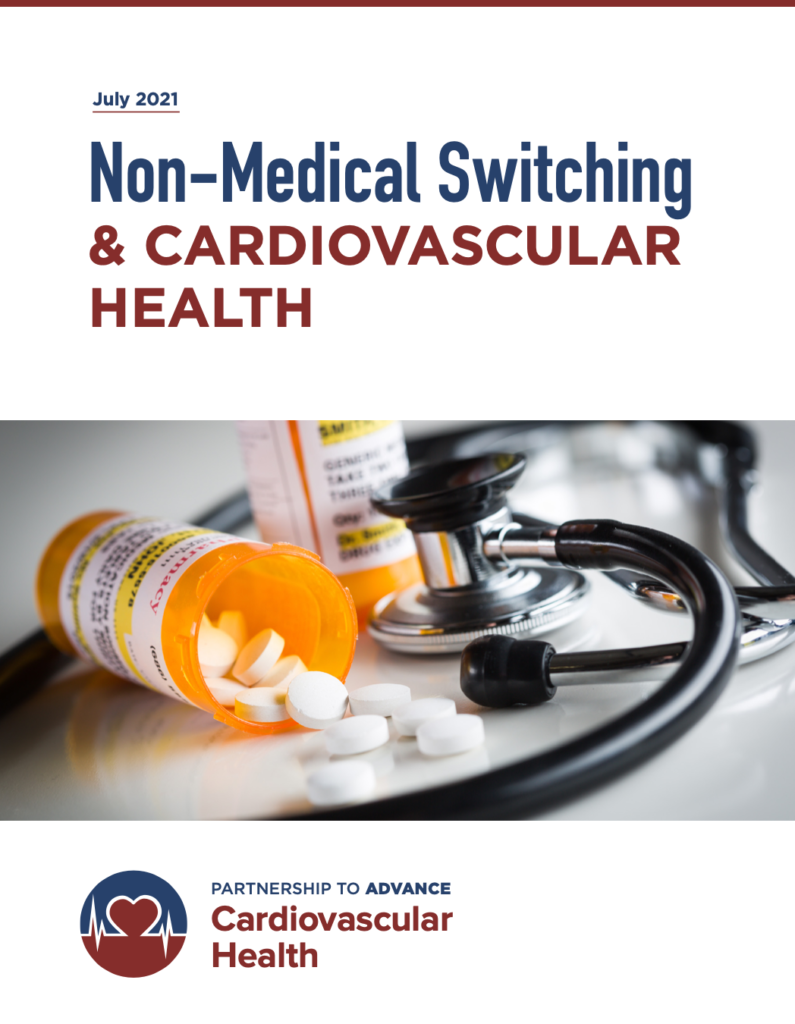When Health Plan Barriers Trigger Headaches
For some people living with migraine disease, trying to access appropriate medication has become a headache – literally.
Commonsense State Rules Ease Access to Biosimilars
Health care in the United States has quietly turned a big corner. Just as the FDA approved its first interchangeable biosimilar, Oklahoma became the 50th and final state where pharmacists can substitute these lower-cost versions of biologic drugs.
States Gut Telemedicine Policies Amid Delta Variant

Even as the Delta variant upends the country’s “return to normalcy,” some states are dismantling policies that keep telemedicine accessible. The move could undermine care and put patients at risk.
Federal Policymakers Signal New Openness to Home Oxygen Treatment for Cluster Headache

Patients suffering from cluster headache may soon enjoy a breath of fresh air. The Centers for Medicare and Medicaid Services announced last month a proposed decision to make home-use oxygen a coverable treatment for cluster headache.
Summer Brings Big Wins for Tardive Dyskinesia Patients

Access and awareness are one step closer now for people living with a movement disorder known as tardive dyskinesia.
False Alarms Signal Urgency of Infant-Specific Devices
I am a neonatologist by training, a “neo-gadgetologist” by passion.
Insurers Push Postpartum Depression Drug Out of Reach

One in seven. That’s how many women experience postpartum depression.
Hepatitis Can’t Wait
Every 30 seconds a person dies from a hepatitis-related illness. That startling statistic underscores the urgency to test, treat and cure people with viral hepatitis, who often face dangerous delays.
The Cost of Switching Heart Patients’ Medication

Cardiovascular disease reigns supreme as America’s top killer, claiming 655,000 lives each year. But instead of prioritizing care for heart conditions, health plans regularly switch up patients’ medications in an attempt to boost profits.
The Coverage Battle Continues for Veterans with Transthyretin Amyloidosis
The Veterans Health Administration exists to integrate health care services for those who served in the U.S. Armed Forces. Yet for many veterans, getting access to treatment for transthyretin amyloidosis, a rare disease caused by a buildup of abnormal proteins, is difficult.

